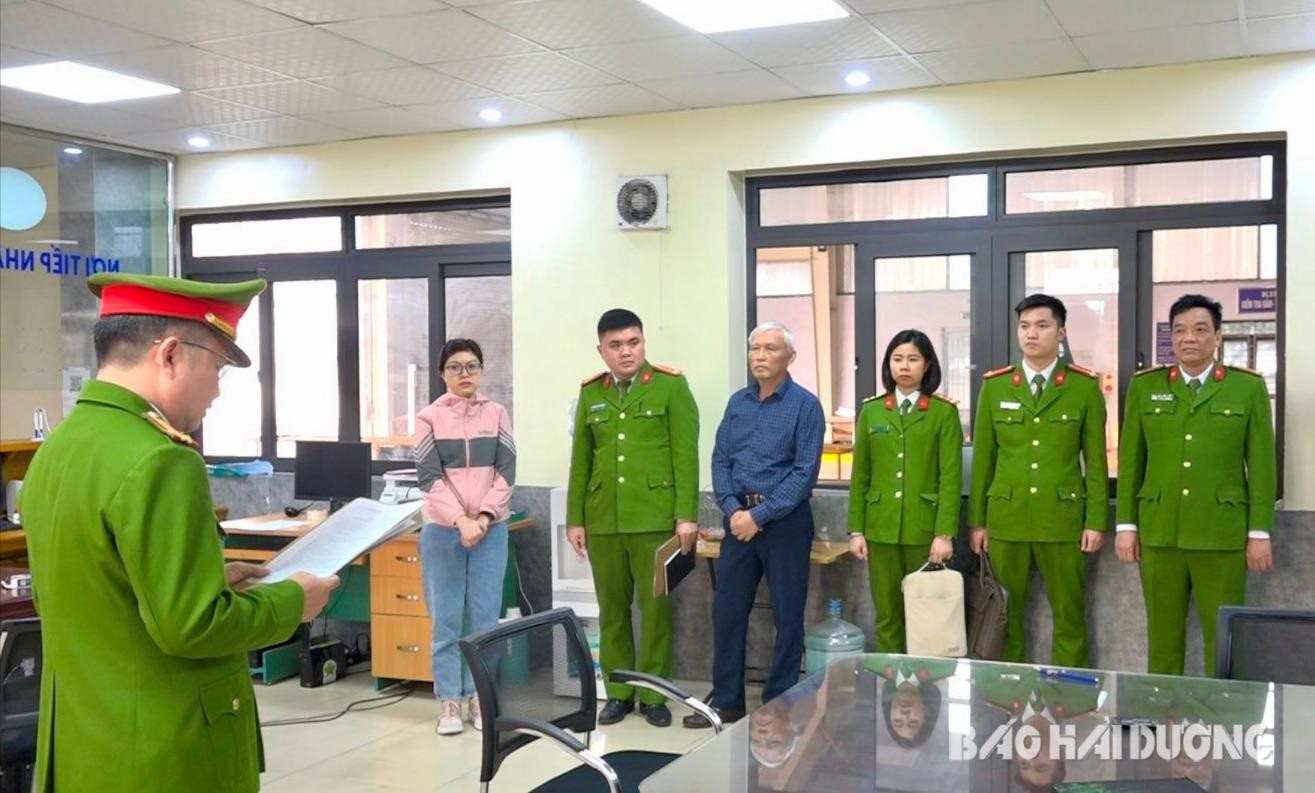If we seriously implement the principle of democratic centralism, we will not only promote collective intelligence, but also minimize the risk of autocracy and despotism.

In recent years, the Party and State's fight against corruption and negative practices has discovered and handled many corruption and negative practices by organizations and individuals in the political system. Many of these cases were determined by inspection conclusions of competent authorities to be due to violations of the principle of democratic centralism, working regulations, lack of responsibility, and lax leadership and direction.
Recently, at the 41st session of the Central Inspection Commission (from May 6 to 7, 2024), the conclusion was announced: The Party Committee of the Ho Chi Minh City People's Committee violated the principle of democratic centralism and working regulations; lacked responsibility, loosened leadership and direction, allowing the City People's Committee and many organizations and individuals to violate Party regulations and State laws.
According to statistics of the Central Inspection Commission’s announcements on reviewing inspection results when there are signs of violations in party organizations, the phrase “violation of the principle of democratic centralism” appears with high frequency, associated with serious, very serious consequences. So why is the violation of the principle of democratic centralism so common?
Article 9 of the Party Charter clearly defines the 6 contents of the principle of democratic centralism. In which, "centralism" is expressed through the power system in the Party, organized in a hierarchical order, the lower-level Party organization must comply with the decisions of the higher-level Party organization, the higher-level Party organization can review and change the decisions of the lower-level Party organization. At the same time, individuals must obey the organization, Party members and Party organizations must comply with the Party Charter and Resolutions.
Regarding “democracy”, it is expressed through elections to select members of the leadership at all levels. This is a model of collective leadership, not individual leadership, where leadership decisions are issued according to the majority principle (reaching over 50% of the opinions in favor). The minority must obey the majority, individual party members not only have the right to speak and discuss, but also reserve opinions different from the views and opinions of the majority and report to the higher-level party agency.
Thus, if the principle of democratic centralism is seriously implemented, it will not only promote collective intelligence, but also minimize the risk of arbitrariness and authoritarianism in issuing arbitrary decisions, lacking thorough consideration, regardless of the principles and regulations of the organization, leading to violations and negative consequences. At the same time, it will ensure the decisiveness of leaders in difficult and unusual situations and maintain discipline, order, and unity in both viewpoints and actions within the Party organization.
However, in reality, in many party organizations, many individuals have taken advantage of the principle of democratic centralism to benefit themselves and their factions.
Recent violations of the principle of democratic centralism show that the root causes of these violations are: inadequate understanding of the principle of democratic centralism; cadres and party members, including key cadres and leaders, are not exemplary, individualistic, and deliberately violate the principle of democratic centralism; inspection and supervision work in many party organizations is lax, and disciplinary action against violations is not serious, leading to a disregard for discipline...
To minimize the risk of violating the principle of democratic centralism, the first condition is that each party member, especially the members of the leadership in each party organization, must grasp and strictly implement the contents of this principle. It is necessary to select members of the leadership who are equal in terms of qualifications, prestige and influence of each individual. It is necessary to raise the sense of responsibility and courage of each party member in the party organization, especially the members of the leadership, not only daring to express their opinions and fight when detecting violations of the principles, but also being able to report to the higher-level party agency if violations persist.
Democratic centralism is the basic organizational principle in the organization and operation of the Communist Party. Strictly implementing the principle of democratic centralism is an extremely important issue, affecting the survival of the Party and the regime in the current situation.
DANG DINH CHIEN